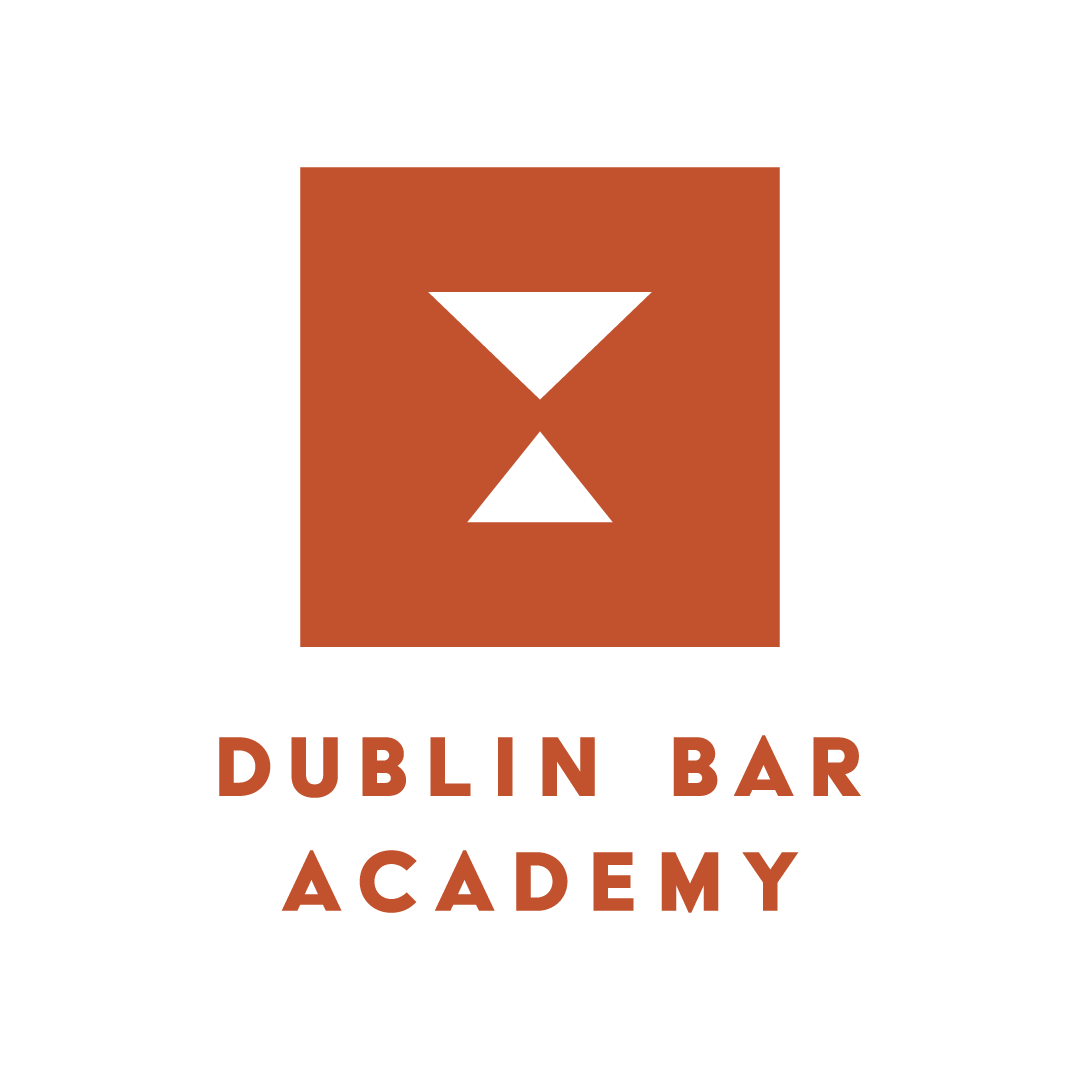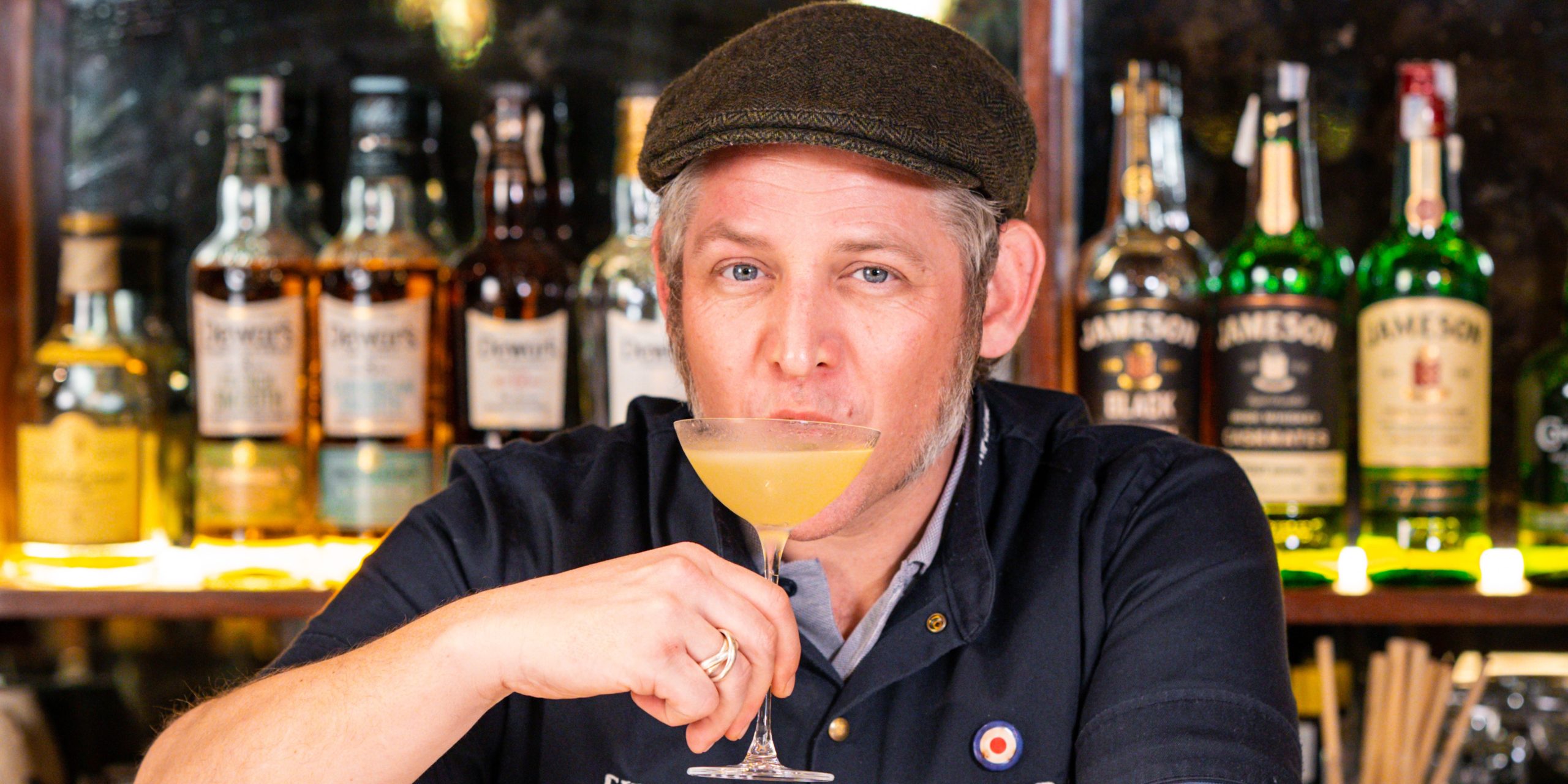Read Time: 9 Minutes |
The island of Mallorca is famous for its stunning beaches, sweeping vistas and notorious night-life. However in the past few years, a new feature has put it on the map. The cocktail culture. Charles Harrington-Clarke is at the forefront of this blossoming cocktail scene that rivals some of the biggest cocktail cities in Europe.
| By Cameron Mowat
What do you think of when you think of Mallorca (Majorca to the Brits)? Maybe it’s long stretches of sandy beaches? Or maybe lush and erratic coastlines overlooking a shimmering blue sea? Or as it is for many, is it drinking body shots of cheap tequila in a sweaty club and then vomiting in the street at 4am, before passing out on a beach lounger and getting sunburnt?
Mallorca has been a top tourist destination for many years, especially for the UK, Germany and Sweden. Much to the dismay of many Mallorquins, native and ex-pat, much of that tourism has focused around the two party districts of Magaluf and Arranal.
However, as Bob Dylan said, “Times they are a-changing”. Slowly but surely Mallorca is transforming itself into a more ‘high-end’ holiday destination, with a focus on quality experiences.
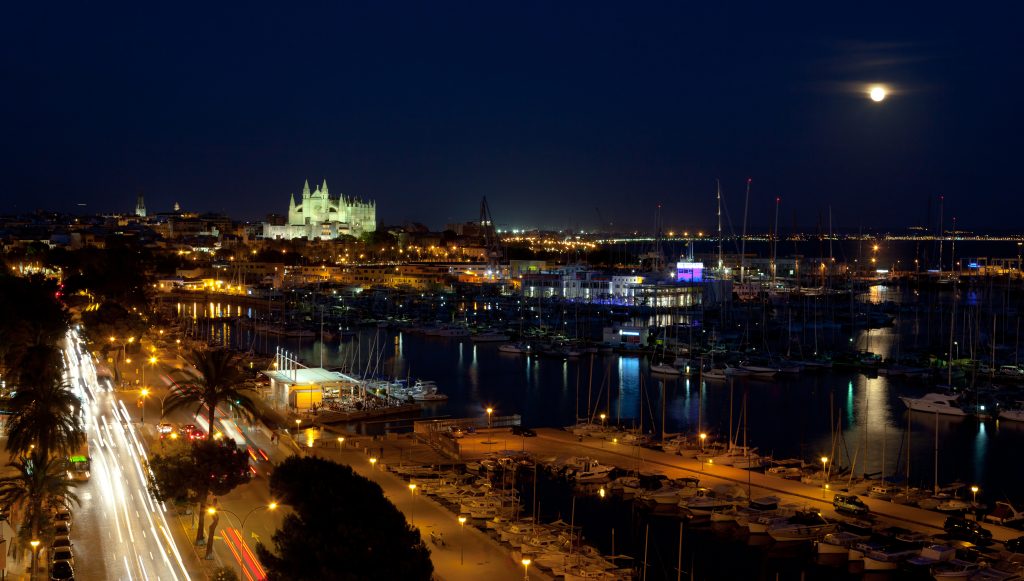
One of the fastest growing contributors to this image shift is the cocktail scene. In the last decade, a cocktail culture rivalling that of some of the major mainland Spanish cities like Barcelona and Madrid has bloomed on the island, particularly in Palma, the capital. We actually opened the first bartending academy in Mallorca in the wake of this growing scene.
We sat down with Charles Harrington-Clarke, who is one of the bartending veterans that is spearheading the charge and leading Mallorca to global recognition for its cocktail culture. He’s the Bar Manager at Chapeau 1987, one of the top-rated bars on the island. He’s also one of the flavour-brains behind the award winning menus at Chapeau and it’s sister bar, Ginbo, another popular up-market cocktail spot.
Charles has watched the island transform over the last 18 years that he’s been working there, and he’s been a big part of it. We picked his brain on Mallorca’s cocktail culture, past, present and future and got to know the man that helped put Mallorca on the cocktail world’s map.
A Cocktail History Beginning With Dry Martinis
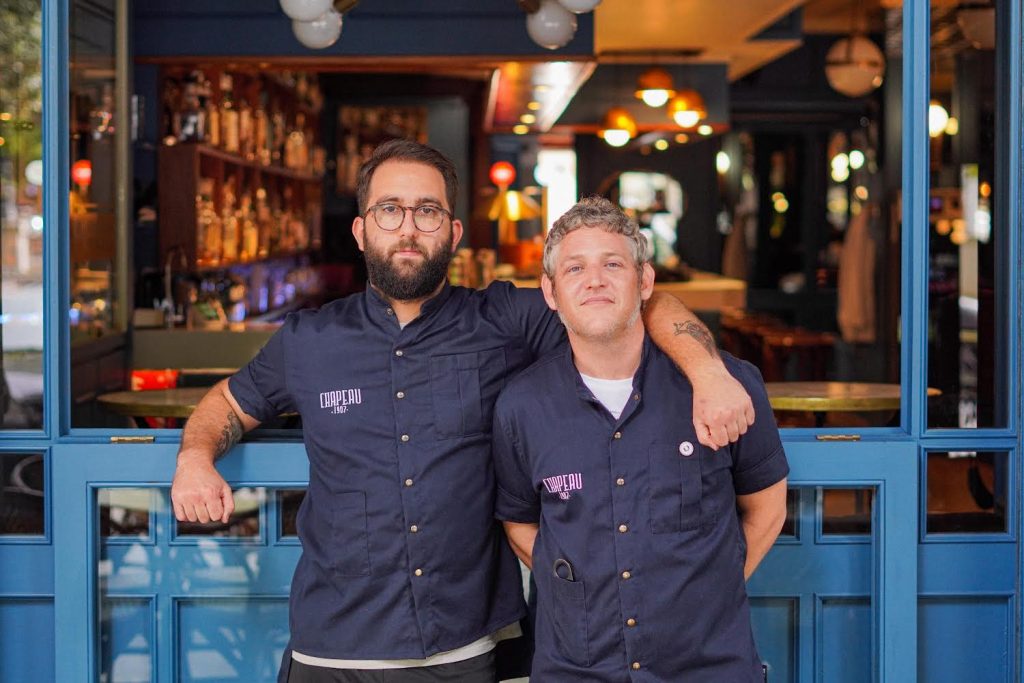
It’s not like cocktails came from nowhere in Mallorca. The island has always attracted tourists looking for a slice of paradise and cocktail culture tends to follow in the wake of tourism. However, while the beach bars might have been serving the classic seaside mixed drinks, the locals were quaffing gin Martinis.
“First of all I have to say that Mallorca has always had some culture of cocktails. I speak to the Old Boys that still frequent the cocktail bars here, and they always go back to this Dry Martini that everyone used to drink with a gin called Giró. One famous Mallorquin bartender always used to prepare dry martinis and classic cocktails.“
The new demand for cocktails, as well as other more ‘modernised’ products and experiences comes in large part from the newcomers to the island, looking to get away from their rainy climates back home and find their little slice of paradise. Only to find there’s no limes.
“10 years ago it was almost impossible to buy limes here in the supermarket. It was lemons or nothing. You’d go to the supermarket and ask ‘have you got limes’ and they’d say ‘I’ve got these big limes?
I suppose that’s where the boom has happened over the last 10 plus years that I’ve been here. More influence from outside, more access to those kinds of ingredients that people from outside are more used to, and that in turn opening the eyes of people that are local here, seeing some of our old school Mallorquin ingredients with some of the new school or international products that are now available to us and it all kind of pops you know.”
Getting The Locals On Board
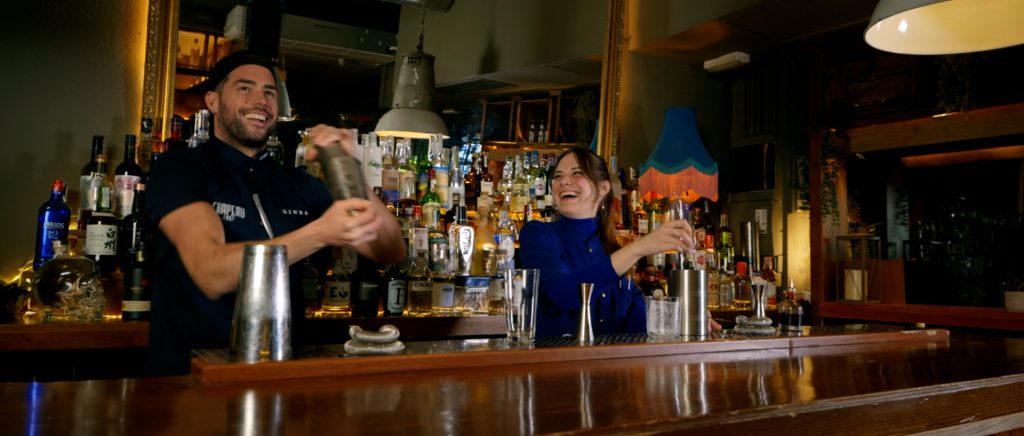
Bringing the Mallorquins around to the new school of cocktails involved a fusion of the global cocktail culture and the local flavours of the island. It’s always easier to convince people to try something new when they recognise the ingredients and flavours.
“As a bartender If I try to sell a cocktail to someone who’s not 100% sold on cocktails and is more used to drinking a beer or a Gin and Tonic, the easiest way for me to be able to introduce the drink to someone is for that drink to have some base of a flavour that the customer is accustomed to. So I’m not just shocking them with some ant infused gin with marmite and some other craziness.”
One of the examples Charles gave was using the ‘algoroba’, or carob in English. Mallorquins used to substitute coffee and chocolate with carob seed concoctions during the Spanish Civil War, so it has a special place in the hearts of Mallorquins and their cuisine history.
“If I get a Mallorquin customer here, I offer them an Old Fashioned which is a classic cocktail they would have probably heard of, whether it’s through Don Draper or whether it’s through a cocktail bar they’ve been to or whatever. So if I offer them that but with a carob cordial, they’re gonna be like, “Oh wow, I know Old Fashioned, I know carab, this isn’t that crazy.” For me it’s an incredible way to introduce new things to people without scaring the shit of them.
Magaluf Beach Bars vs Palma City Cocktail Spots? No Competition.
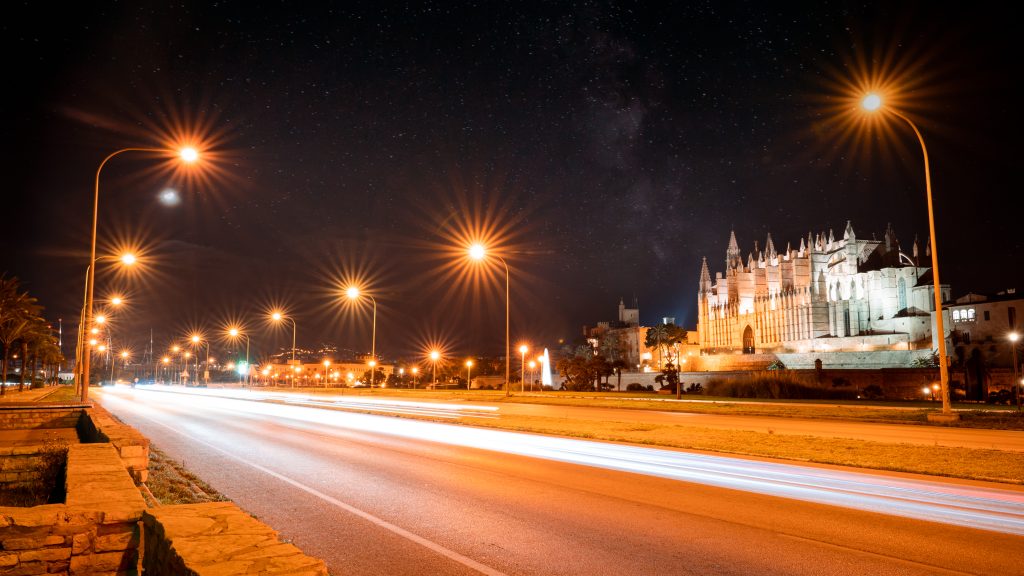
Charles also explained how there are unique hospitality eco-systems in Mallorca, each catering to their own niche and clientele. While there is always some bleed between the two, the higher-end cocktail scene that is blooming on the island seems to have more than enough ‘gastronomic’ tourists to sustain it.
“We don’t really attract that crowd. There’s two major destinations for that kind of tourism. You have Magaluf and you have Arenal. It’s exactly the same set up, people go there and go absolutely mental, they get drunk and throw up in the street and whatnot. I do get large groups but I get large groups of I’d say Gastronomic tourists. They might still be on a Stag Do but they’re not the typical Stag Do where one’s dressed as knob or something, they’re more dressed up nice and they come to us because they know it’s a cocktail destination.”
Mallorca’s reputation is shifting, or rather, diversifying. With the work that Charles and other players in Mallorca’s drinks industry have done, the island is gaining a reputation for quality over quantity.
“We’ve become a destination for cocktails. So people come and seek us out. I like to call ourselves a ‘bar del barrio con clase’ which means we’re a normal sort of bar, like a local pub where you can come in in a pair of shorts and drink a small beer or you can come in a suit and have a Dry Martini, it’s something I find really special about it, I love that about our bar.”
Mallorca On The Radar
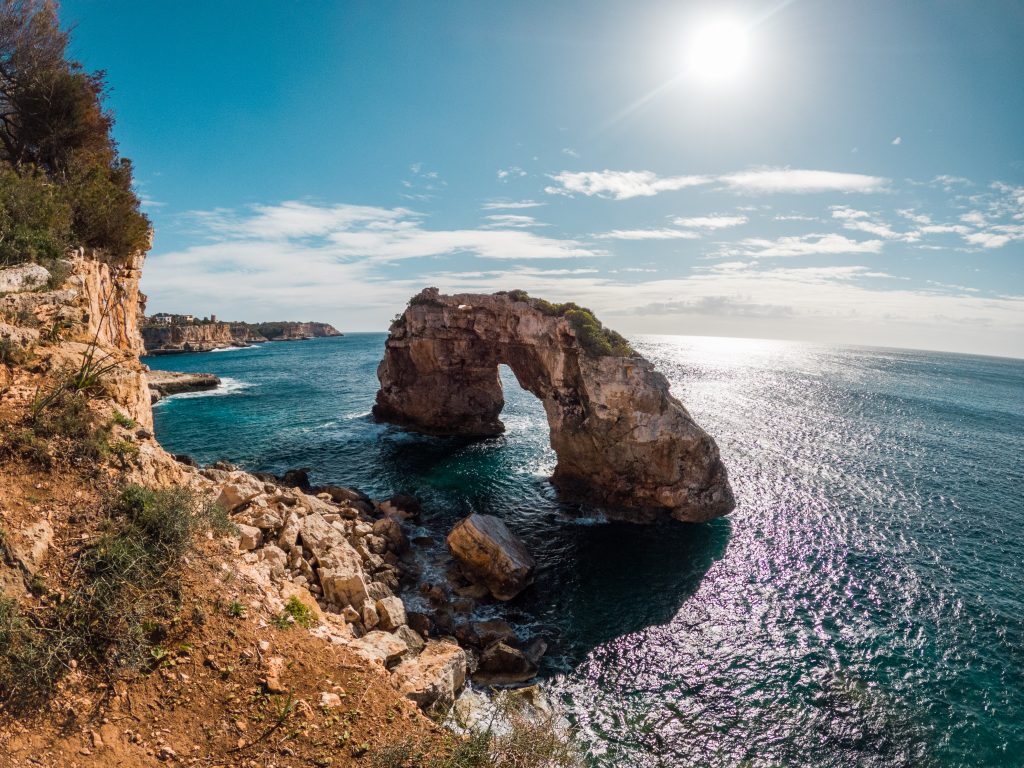
That reputation that is fast growing for Mallorca is largely to do with a commitment to quality experience, not just in cocktails but in concept also, that mirrors big cocktail cities in mainland Spain and around the world. Nothing is done in halves.
“Without losing any humility, I would say that our level and certainly some of the other bars I’ve mentioned are as good as any bar in Madrid or Barcelona. I think we suffer success by where we are located geographically. But I truly believe that if we took our concept and plonked it into a larger market we’d be equally successful if not more so and would probably have much more exposure in the public eye.”
Charles and his team also do a lot of work to make sure big names from the mainland come over to see what Mallorca can do and spread the word about the up-and-coming cocktail scene.
“We just had the guys from the Ritz in Madrid over, La Tuerta, Paradiso will be over soon. We’ve had Bad Company. We’ve got even more big stars to come over soon to do some guest shifts.”
Making A Cocktail Menu Viral With Vinyl
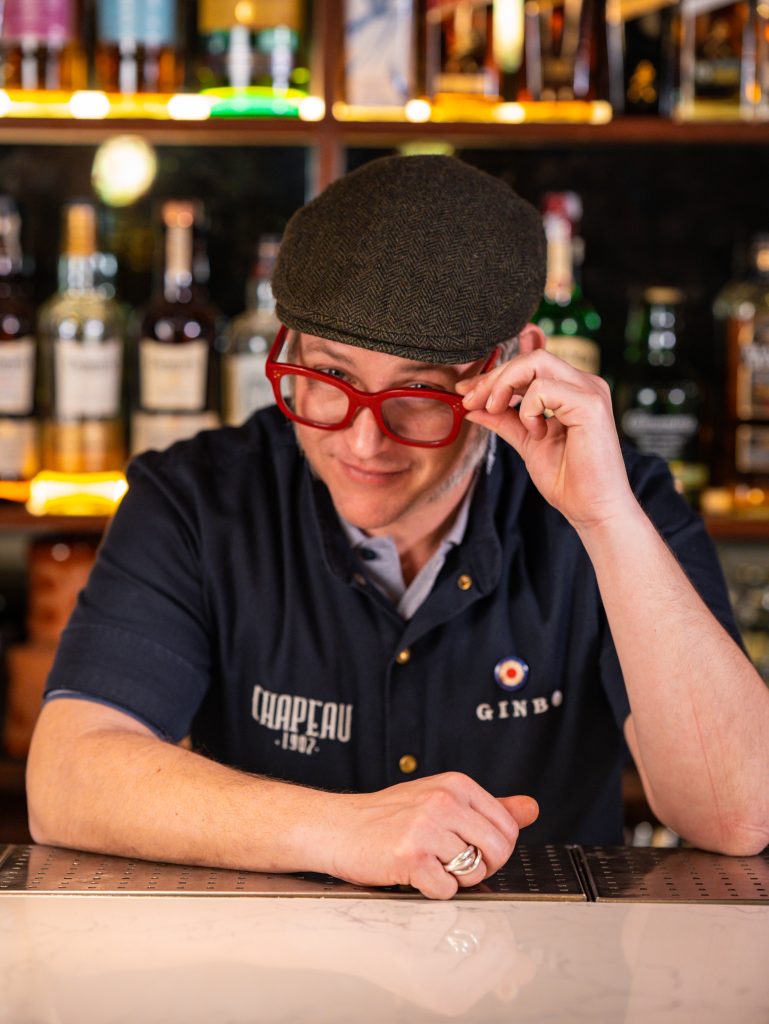
One of the greatest successes for putting Mallorca on the map was two award winning menus, Ginbo’s in 2016 and Chapeau’s in 2020. The buzz that these awards created didn’t just benefit the bars and the bartenders, but the island as a whole.
“2016 was a bit of a Golden Era for us. I got together with a guy called Matias Iriarte and a guy called Borja Triñanes.
We ended up writing this cocktail menu idea on a plane to BCB in Berlin. We decided to put it on vinyl. The first idea someone came up with was with a CD and being the old school cat that I am I said ‘I’m not using a fucking cd’. I love my vinyl, I collect them. It seemed a natural way to go. Presentation-wise it’s the perfect menu shape, it just works on so many levels.
We put the menu together and we took it on the road. We took it to Paradiso, we took it to Dry Bar in Madrid, we took it to Berlin as well, we took it to Original Sin in London.”
The menu was overwhelmingly well received, and it made waves. Suddenly people around the world were talking about this tiny island with a global-level cocktail program
“We made so much noise about it that they had to acknowledge that this little bar in the middle of Mallorca was actually doing some great work. They had no choice! We travelled on our days off, we used our own money, we funded the whole thing ourselves.
Inevitably we won the Best Cocktail Menu with it in Spain in 2016. That was a massive game changer for us, it brought a lot more focus to the bar, to what we were doing, to our next projects. We got a lot more investing after 2016.”
“If You Can’t Make A Good Daiquiri I Don’t Give A Shit About Your Ant-Infused Gin”
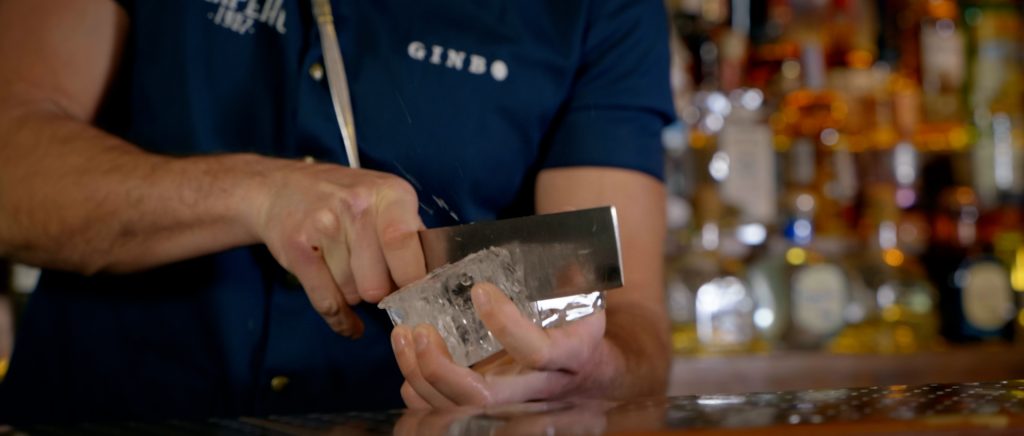
There’s a fallacy in the world of bartending at the moment that quality bars and cocktail programs are all about hi-tech drinks and advanced mixology techniques. While these advances in cocktail technology are important and exciting, according to Charles, losing focus on the fundamentals only hurts the industry.
“We have all that gear. We have a centrifuge, we have a Rotovap, we have all the machinery. But it’s not necessary. People seem to be so focused on these new mixology techniques that they forget the principles of what our business is all about. We’re in the business of making people happy. Don’t get me wrong, I love all that stuff. I’m as big of a freak as anyone else.
You can break the rules, you can smash them up as much as you want but make sure you know those rules really well before you start doing that. If you can’t make a good daiquiri I don’t give a shit about your ant infused gin you made in a Rotovap because your daiquiri’s shit, your negroni’s shit, your old fashioned is shit. Until you can make all those drinks perfectly I don’t care about your rotovap. Let’s not forget about the fundamentals.”
A Cocktail Future As Bright As The Spanish Sun
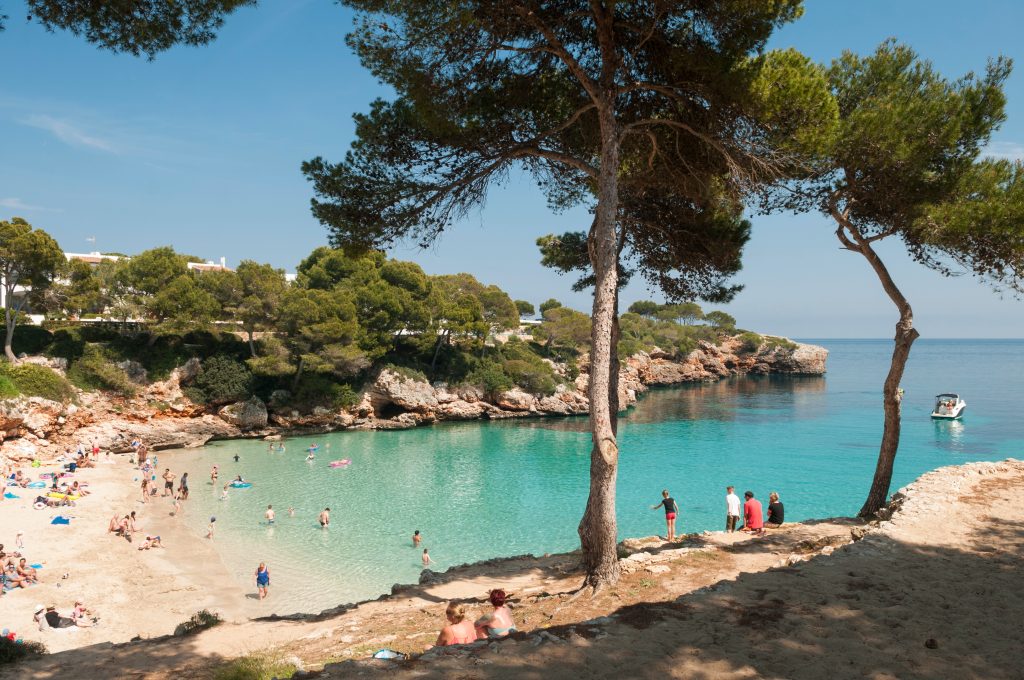
The only way is up for Mallorquin cocktail culture. Quality of cocktails will improve across the island as more visibility causes more people to invest in bars and move to Mallorca to get a foot in the door of the blossoming scene.
“Looking at the way things are now, we’re only gonna see more high-end places opening. When I say high-end I don’t necessarily mean high-end expensive, I mean a higher end of cocktail making. You will see some luxury. It’s definitely the way Mallorca has wanted to push itself for quite a few years now. They want to cut out that Magaluf thing and push it as much as a high-end kind of place.
You’re gonna see everywhere using block ice, you’re gonna see everywhere using good quality products, alcohols and brands. You’re gonna see a higher level of training, which will inevitably mean people will do a better job. And hopefully you’ll see better service. It’s one of the reasons I think we’ve been so successful. Our customer service… we’re just on it.”
The new-school of cocktails in Mallorca will be focused on providing customers the experiences that will stick with them, bringing them back time and time again to the island.
“We don’t sell drinks, we sell experiences. People don’t give a shit about the drink man, let’s be honest about it. We care, and there’s a percentage of people that care, but people really care about how you make them feel. I’ll remember 10 years down the line how someone made me feel, I might not remember the Mezcal Smoked Old Fashioned they made me but I’ll definitely remember how they made me feel.”
